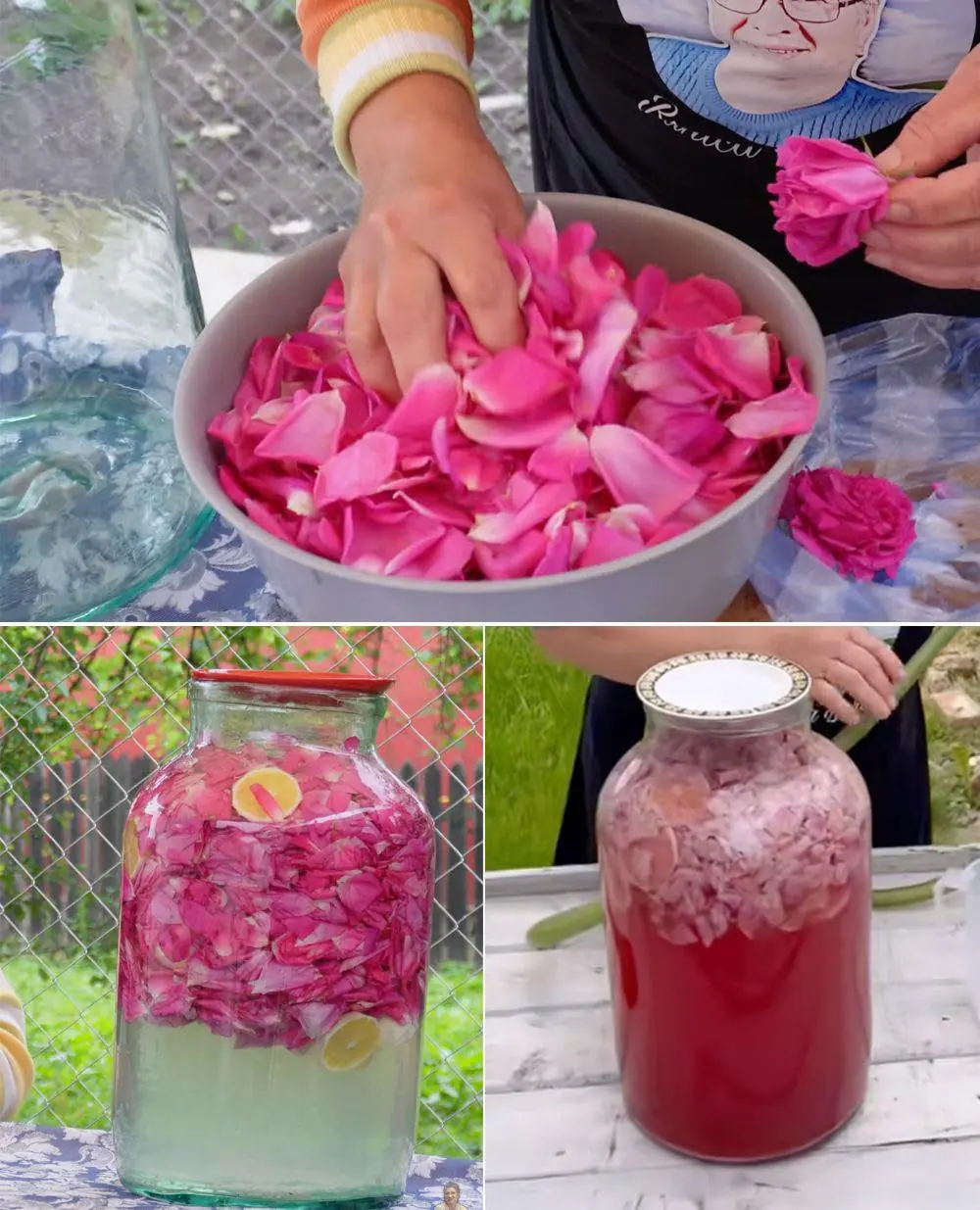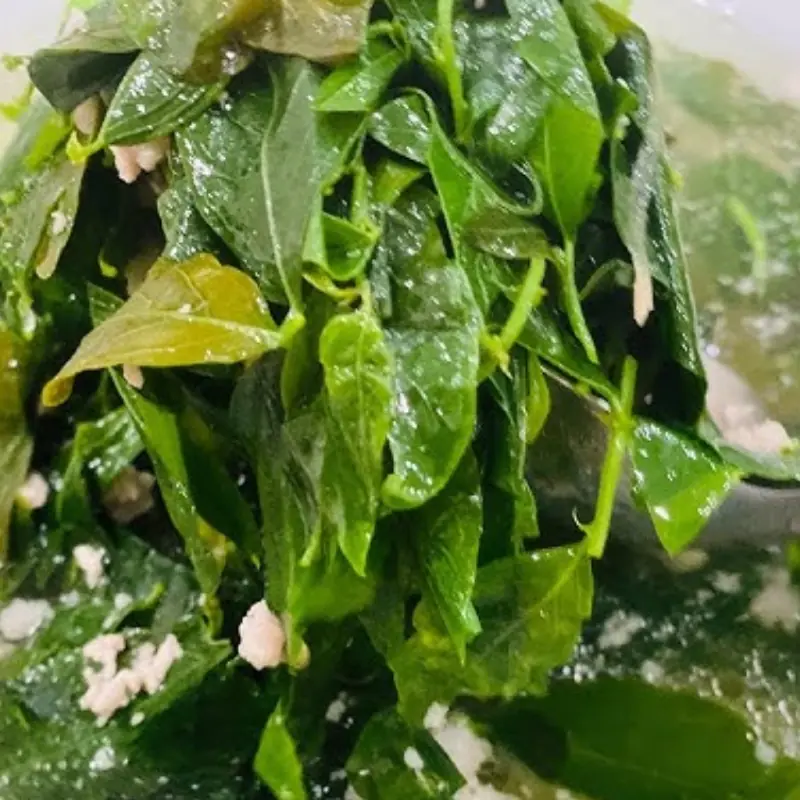
Unveiling the Mystery: Why Don’t Imported Apples Rot After a Whole Month?
Unveiling the Mystery: Why Don’t Imported Apples Rot After a Whole Month?
The fact that imported apples remain unspoiled for weeks has made many consumers suspicious and hesitant to eat them. However, Dr. Vu Thi Tan clarifies that apples that stay fresh for a long time are not necessarily preserved with harmful chemicals.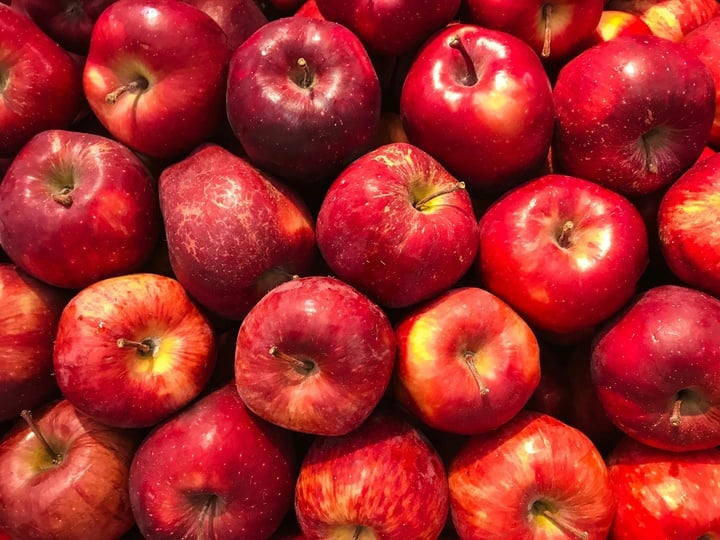
Many people wonder: why do imported apples stay fresh for an entire month? Have they been treated with toxic substances? These doubts have caused considerable concern, making consumers more cautious about choosing imported fruits—especially apples.
Why Can Imported Apples Last So Long?
Speaking to VTC News, Dr. Vu Thi Tan, a lecturer at Hanoi University of Science and Technology, affirms:
“It’s true that fruit may contain pesticide or preservative residues if not used properly. However, we cannot automatically assume that apples which last a long time are soaked in toxic chemicals. In reality, apples are naturally long-lasting fruits, especially when kept in low-temperature environments.”
According to her, it is not unusual for apples to remain fresh for several weeks, even a month, and certainly not a reason to jump to conclusions about chemical treatment.
Dr. Tan explains that apples have a natural structure that makes them more resistant to spoilage: thick skin, low surface moisture, and a slower enzyme activity compared to many other fruits. These features help delay the decomposition process. That’s why apples can stay fresh at room temperature far longer than bananas, mangoes, or lychees.
Besides their natural durability, imported apples today benefit from advanced post-harvest preservation technologies. These are the key factors that help prolong shelf life while still ensuring consumer safety.
Among these methods, the most common is applying a protective wax coating. According to Dr. Tan, this wax is usually made from natural substances like carnauba or shellac, both of which are edible and non-toxic. The wax coating reduces water evaporation through the apple’s skin, retains moisture, and slows oxidation—thus delaying spoilage.
“If you notice a thin white film when you gently scrape the apple’s skin, that’s the wax coating—not a ‘strange chemical’ as many mistakenly believe,” she added.
In addition to waxing, apples are often stored in cold warehouses using Controlled Atmosphere (CA) technology, which lowers the fruit’s respiration rate and inhibits the growth of bacteria and mold. Thanks to this, apples can remain fresh for long periods without the need for synthetic preservatives.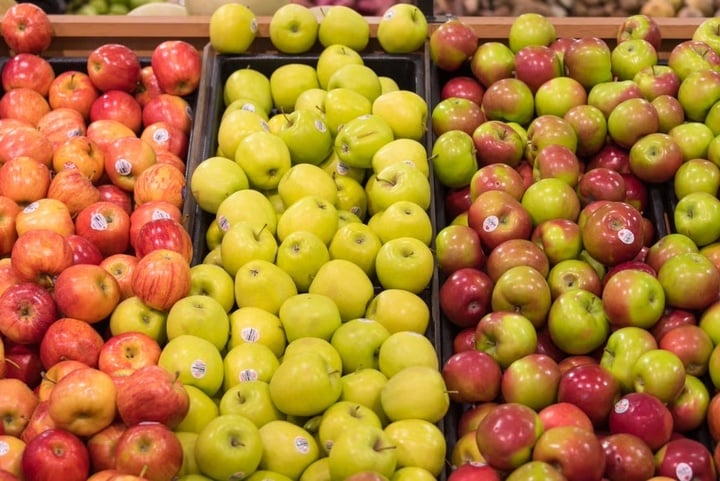
Be an Informed Consumer
While modern preservation technology helps extend shelf life and keep apples fresh longer, consumers should still be cautious when purchasing imported fruits.
Experts recommend choosing products with clear origins, officially imported through reputable distribution channels. Apples of unclear origin, without proper labeling or traceability codes, may pose potential risks.
Consumers should also wash apples thoroughly before eating—especially if consuming the peel. Soaking in diluted salt water or warm water can help remove most surface dirt and residues.
Dr. Tan advises that instead of panicking over alarming claims about toxins, consumers should equip themselves with accurate knowledge, make informed purchasing decisions, and prioritize fruits with traceable origins. This not only protects their health but also helps combat unscientific rumors and misinformation.
News in the same category

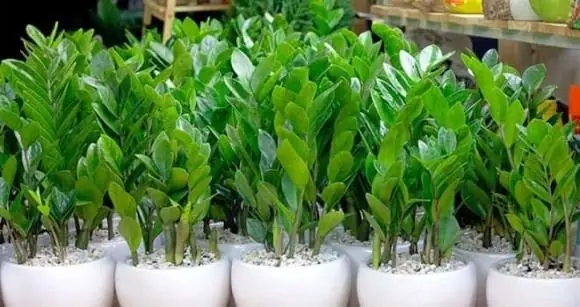
Always Struggling Financially? Family Conflicts That Never End? Avoid These Feng Shui Taboos at Your Front Door

6 types of old things, no matter how poor you are, don't keep them if you don't want to harm your health and never get rich
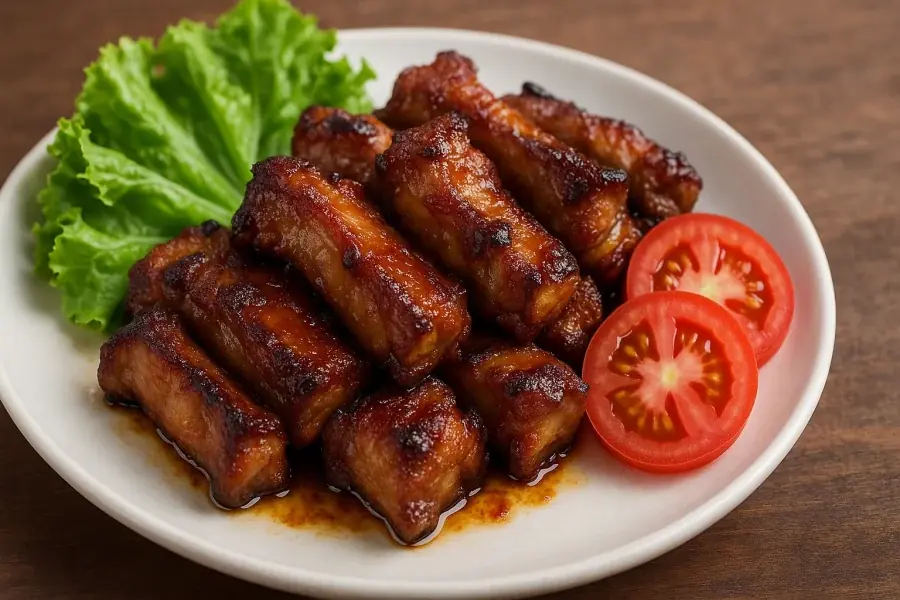
The "Lean-Looking" Pork Cut That’s Actually Greasier Than Fried Chicken — And Most People Have No Idea
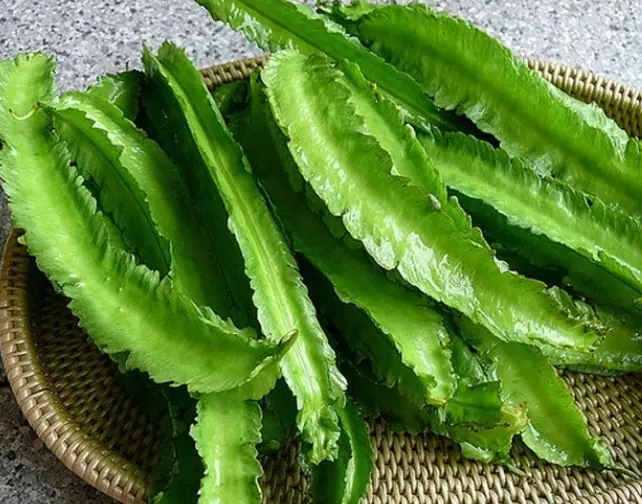
What used to be pig feed suddenly turned into "green gold", priced at 1 million/kg but still "sold out"

3 changes in your tongue that show you're getting older

Woman Lived with Uterine Fibroids Weighing Nearly 1.5kg for Over a Decade Without Knowing It — Here's Why

Cancer May "Emit" These 2 Signs at Night – Everyone Should Know to Stay Alert
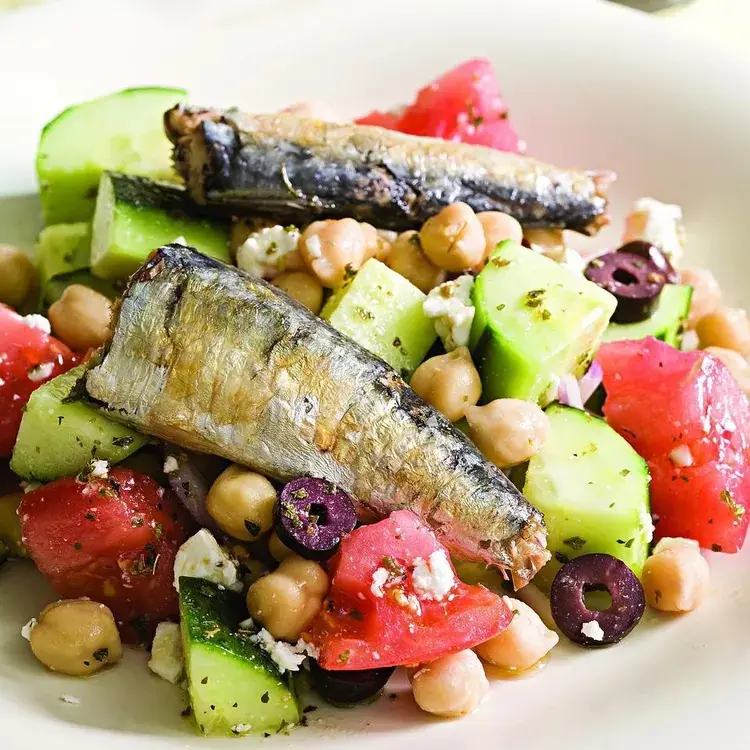
Turns Out This Humble Fish Beats It — and Helps Lower Blo.od Fat and Blood Pressure
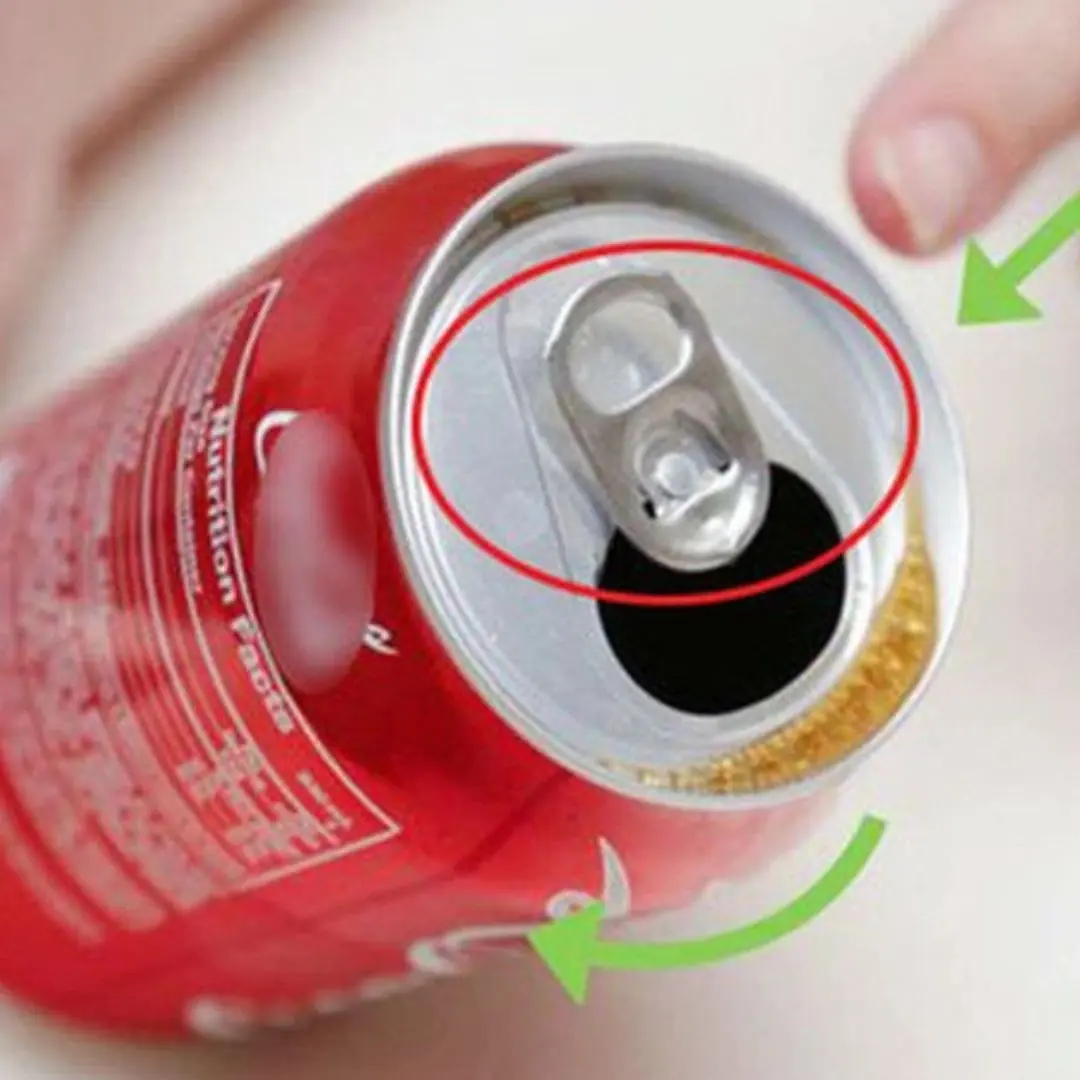
The circle on the lid of a soft drink can, 99% of people do not know the function
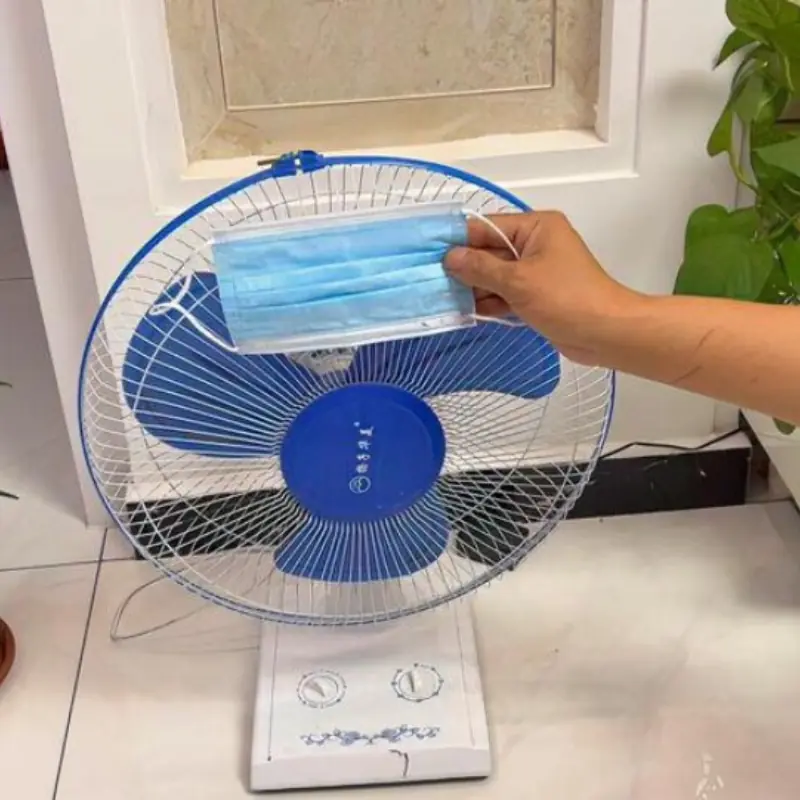
Why Do Many People Hang Face Masks in Front of a Fan? Once I Found Out the Reason, I Tried It Too — And the Result Was Surprising

Does Setting the Air Conditioner to 29°C in the Summer Save Electricity? This Is Actually the Most Energy-Efficient Temperature Setting

Scientists warn of huge underwater volcano expected to erupt this year after 'swelling' was spotted
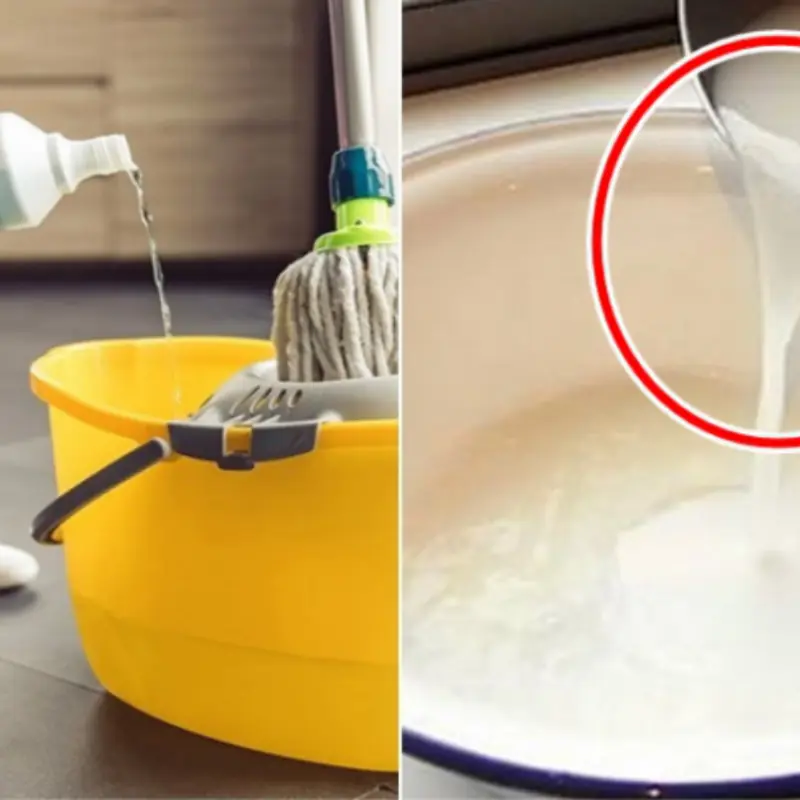
4 Simple Cleaning Hacks for Busy Women: A Dust-Free Home All Week Without Mopping

Which is more economical: Gas stove or Induction stove?
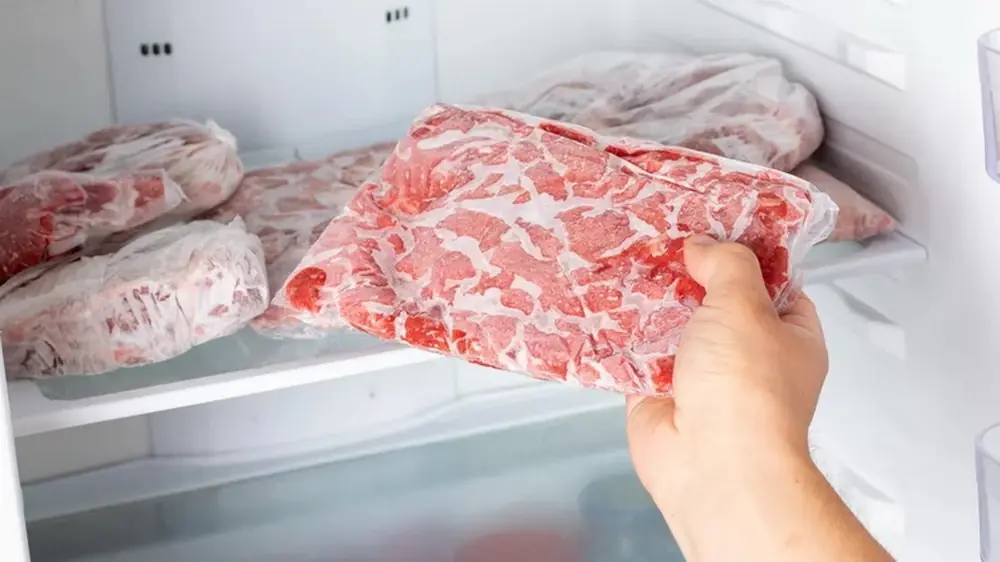
How long can frozen meat be kept?
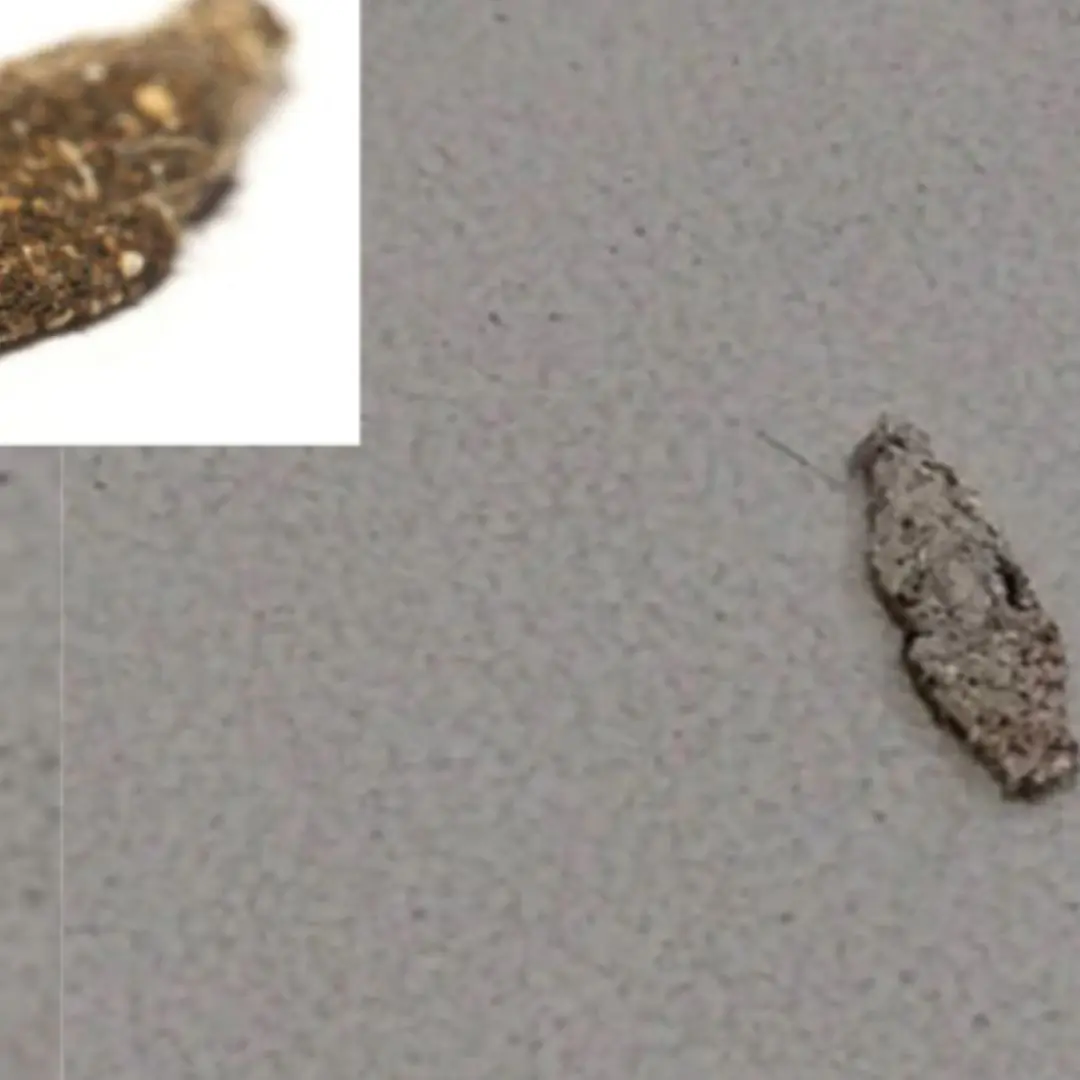
So this is the identity of the culprit behind those strange little bags on our walls

4 Common Clothes-Drying Mistakes That Seem Harmless But Are Surprisingly Harmful — And Many Families Make Them Every Day
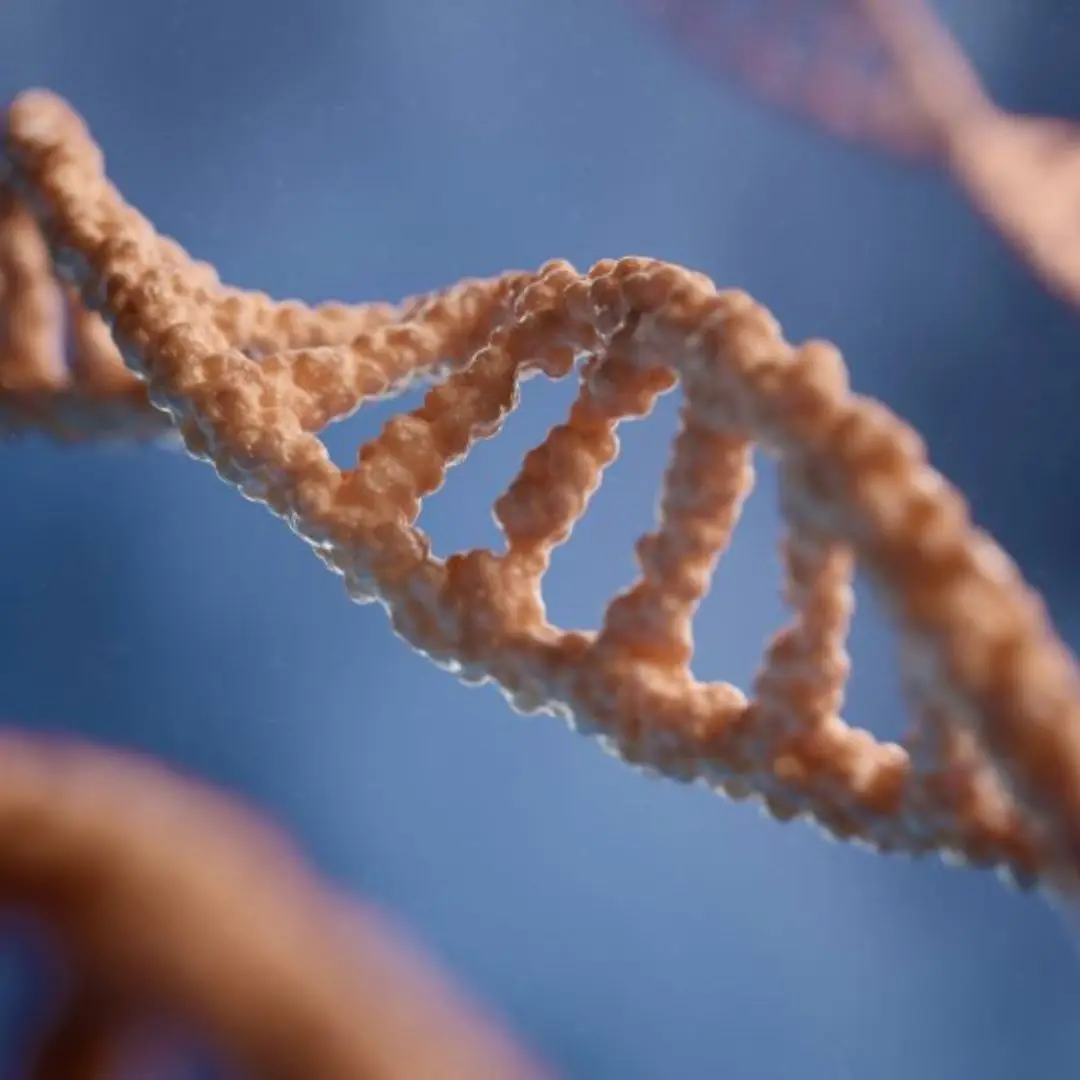
Rare genetic mutation allows some people to thrive on 4 hours of sleep, study suggests
News Post

This Leafy Green Costs Just a Few Thousand Dong but Has More Vitamin C Than Oranges and Lemons

Always Struggling Financially? Family Conflicts That Never End? Avoid These Feng Shui Taboos at Your Front Door

7 Early Warning Signs of Lu.ng Can.cer: Get Checked Before It Spreads

Shocking Mirror Moment: 3 Tongue Signs Reveal You're Aging Hour by Hour Without Realizing It!
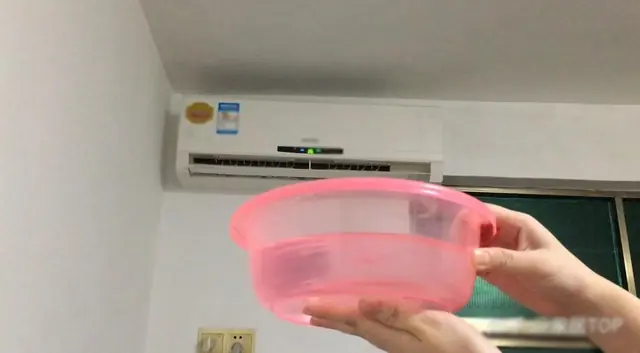
Place a Bowl of Water in Your Air-Conditioned Room

Many people still don’t know the purpose of the bed runner in hotels. So, what is its real function?

6 types of old things, no matter how poor you are, don't keep them if you don't want to harm your health and never get rich

Why do many flight attendants always carry a banana with them? Today I learn the secret behind it

Top professions with heavy karmic consequences - even if they earn billions, avoid doing them

Doctor warns: This critical sign could mean your h3adache is an aneurysm

How to lower uric acid: Top diet choices and foods to prevent gout
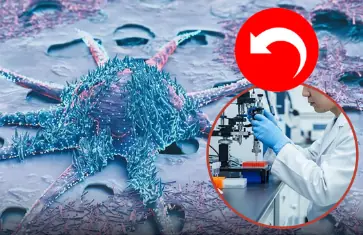
Major medical breakthrough: Korean researchers discover “Undo” mechanism to transform tumor cells back to normal

If you often notice ringing in your ears, this might be a sign that you will suffer from ...

Drink water on an empty stomach right after waking up for 1 month

Portulaca in Pots: The Complete Guide to Growing Colorful & Drought-Tolerant Flowers Outdoors

What is the disease that causes frequent numbness in the legs? What is the cause?
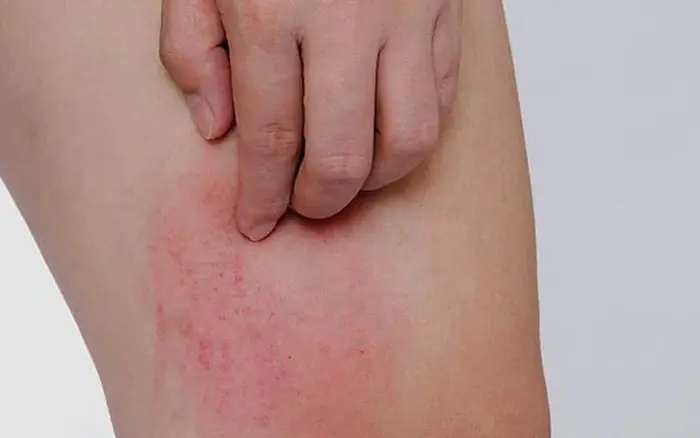
Two it.chy body parts may signal liver can.cer
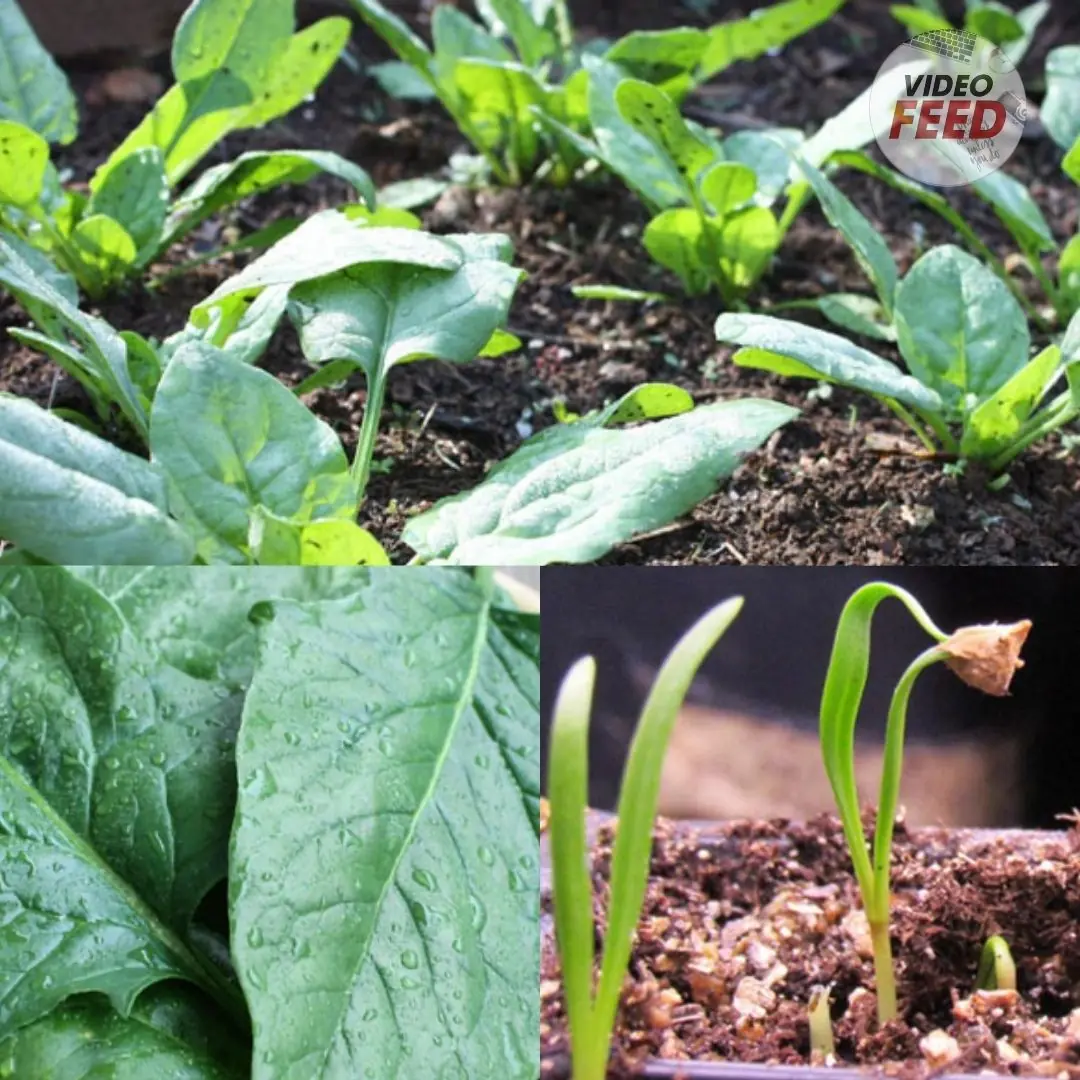
10 Tips for Growing Superb Spring Spinach

Got gout? Here are the foods you should steer clear of
